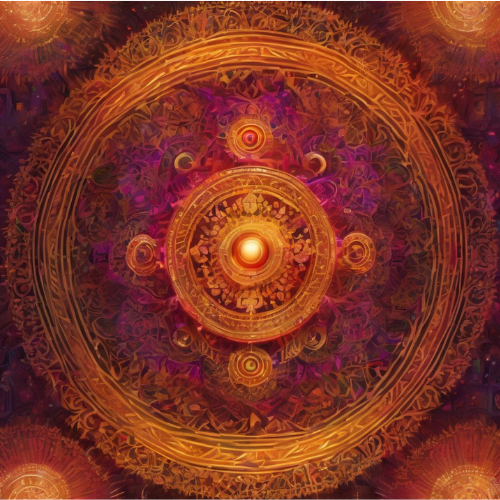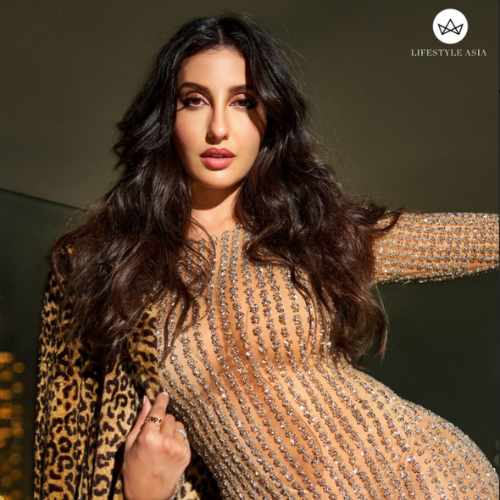A Personal Perspective on the Rise of Luxury Brands and Indian Ambassadors

As I sit down to ponder the evolving landscape of India's fashion scene, I find myself marveling at the incredible journey our nation has embarked upon. The next five to ten years are poised to witness a remarkable transformation, driven by the boom of our startup ecosystem. With startups mushrooming across sectors, the Indian economy is set to soar, promising newfound prosperity and opportunities for millions.
One of the most fascinating aspects of this economic surge is its impact on the luxury fashion market. As disposable incomes rise and aspirations soar, the demand for premium and luxury products is reaching unprecedented heights. This surge in demand has not gone unnoticed by luxury fashion houses, which are now competing to capture the hearts of Indian consumers.
What strikes me most is the strategic move by these luxury brands to appoint Indian ambassadors. It's not just about marketing; it's about forging a genuine connection with the diverse tapestry of India. These ambassadors, be it from the realms of Bollywood, sports, or business, can be thought to serve as ‘cultural connections’, bridging the gap between global luxury and Indian sensibilities. They make luxury fashion more relatable, and more attainable, yet still imbued with an aura of exclusivity.
But beyond the glitz and glamour lies a deeper narrative, one that reflects the growing importance of India as a key player in the global luxury market. The appointment of Indian ambassadors signifies a shift towards authenticity and inclusivity, acknowledging the rich tapestry of Indian culture and its influence on global fashion trends.
Global brands are increasingly recognizing the potential of diverse markets, including India, and are leveraging local ambassadors to appeal to these consumers. This strategy isn't solely about recognizing or celebrating individual tastes and values but rather about tapping into profitable markets and aligning with consumer preferences. In essence, it's a business move aimed at increasing sales and market share by catering to the specific needs and desires of the Indian consumer base. While it may not necessarily validate personal identities or heritage in a profound way, it does reflect the commercial reality of the fashion industry's global expansion and adaptation to diverse consumer markets.
India's fashion evolution encompasses more than just clothing and accessories; it reflects themes of empowerment, inclusivity, and diversity. As we navigate this journey of self-discovery, there's optimism for what lies ahead.





